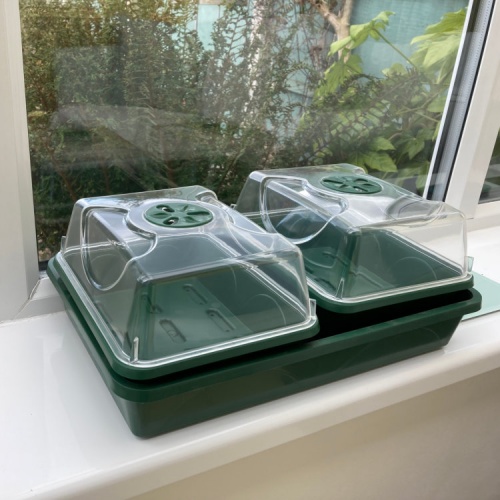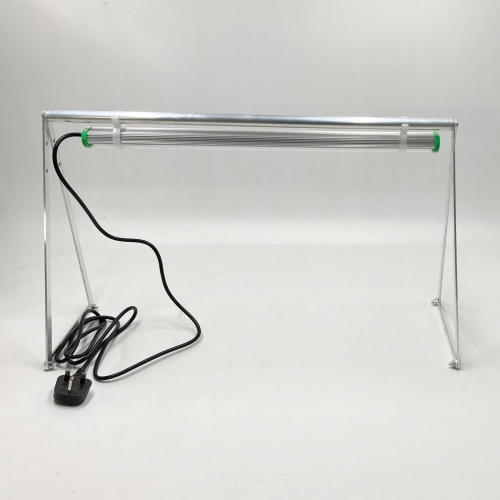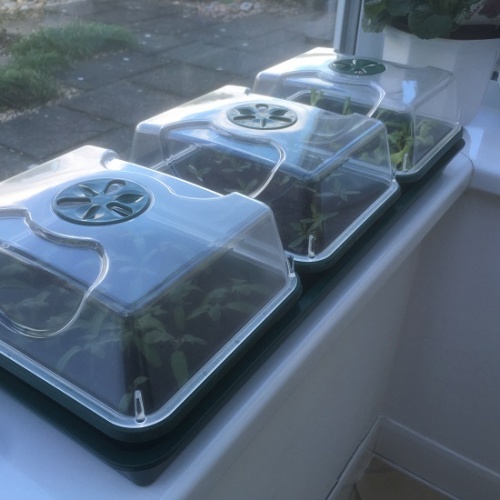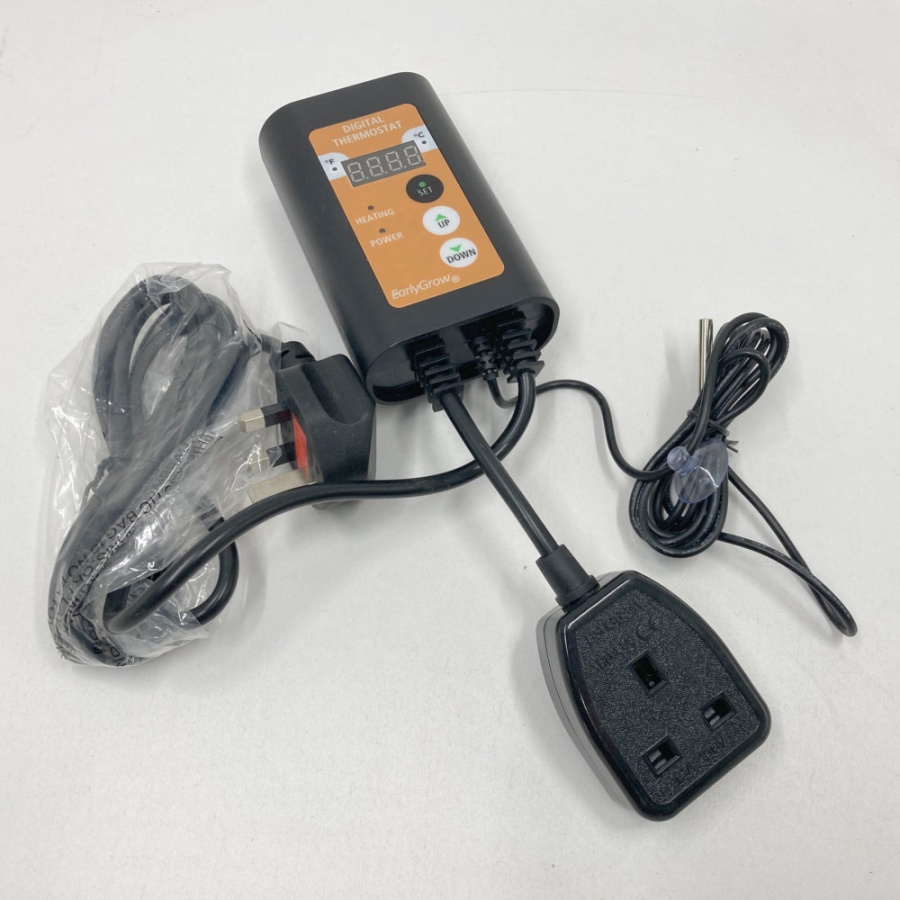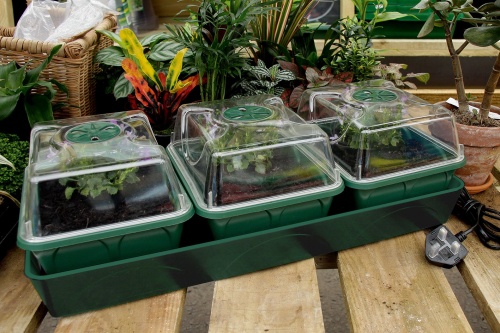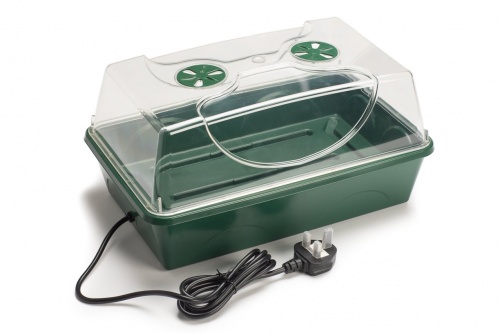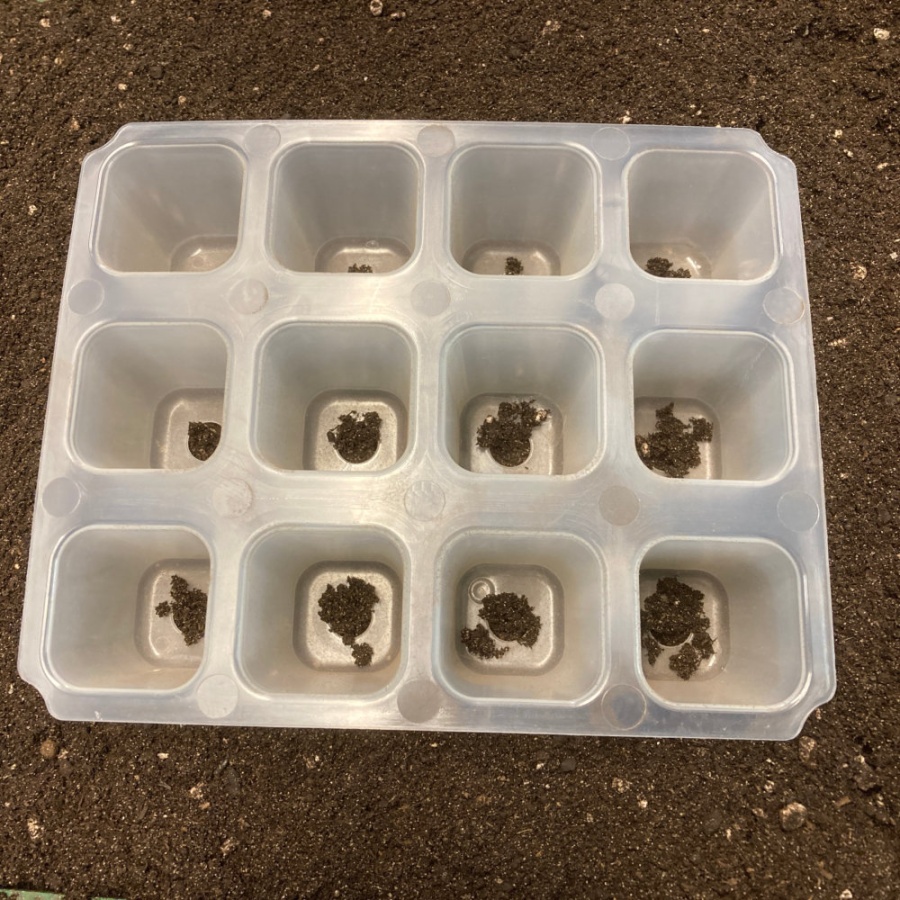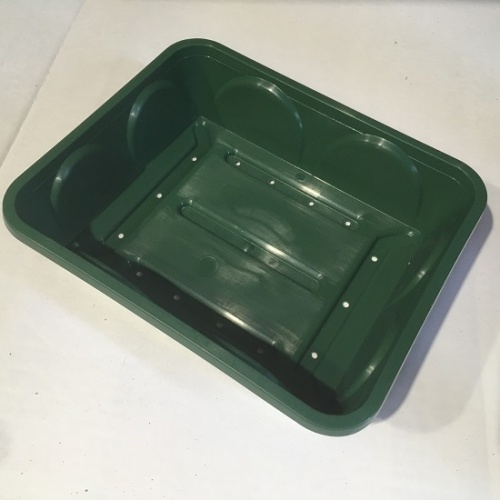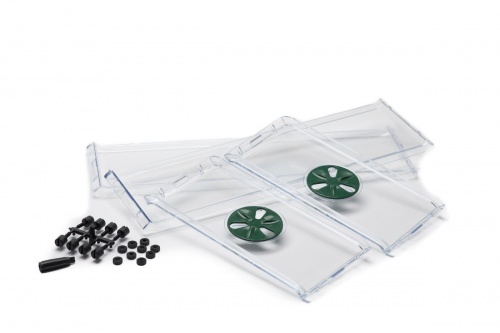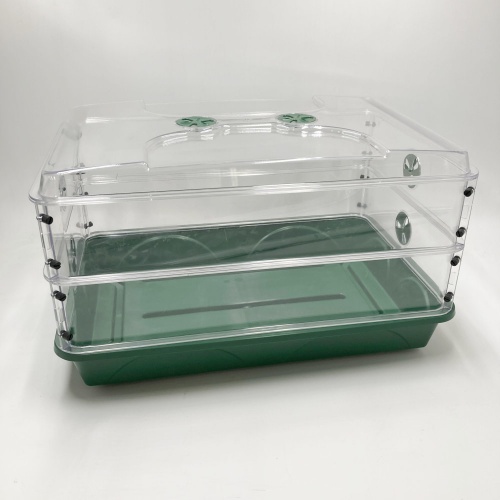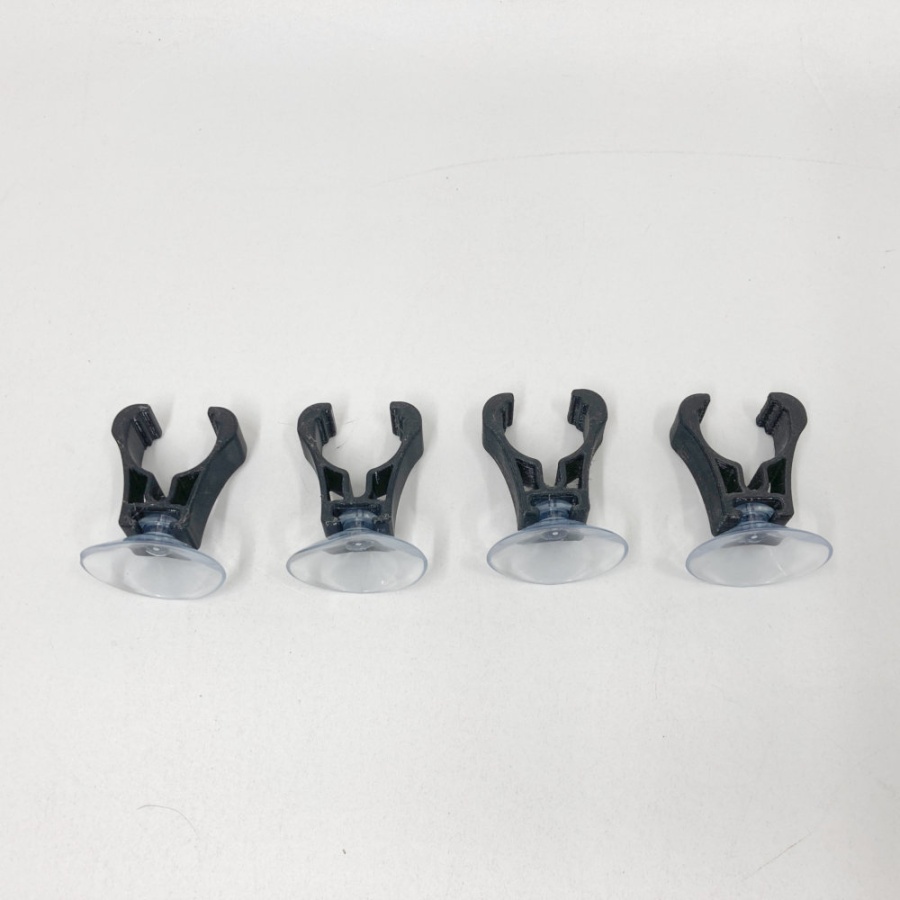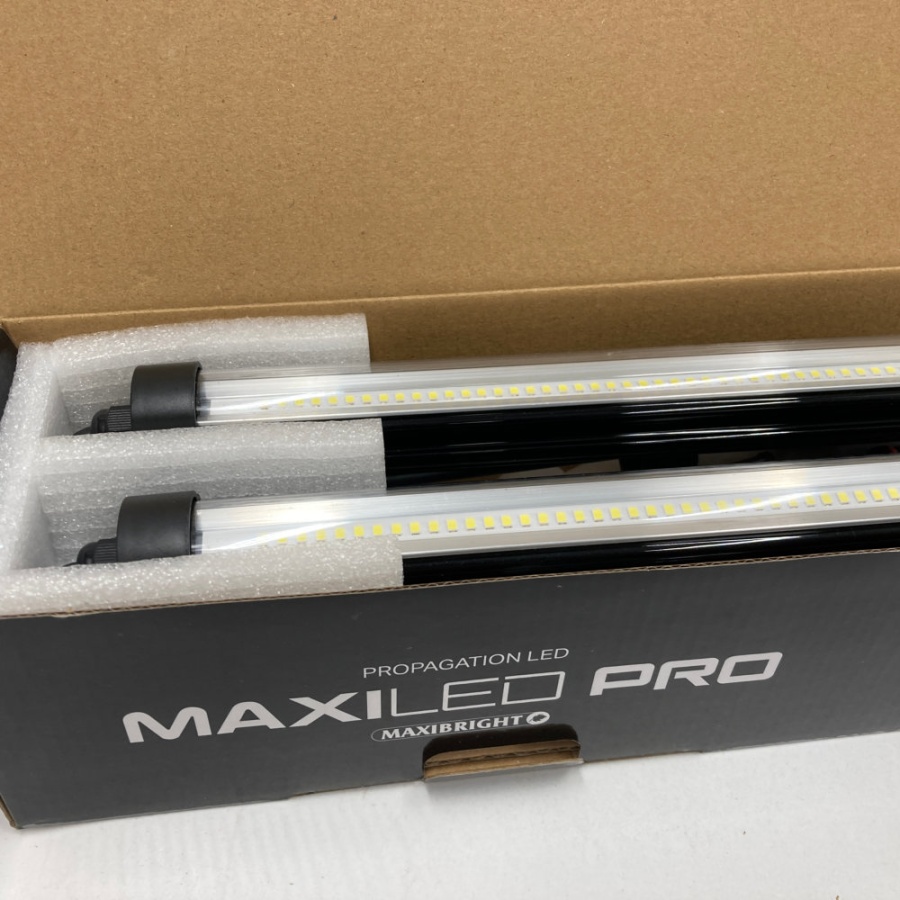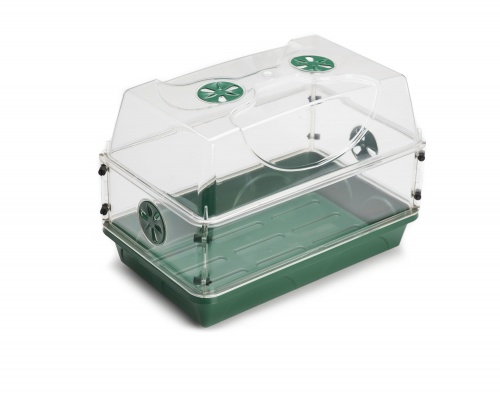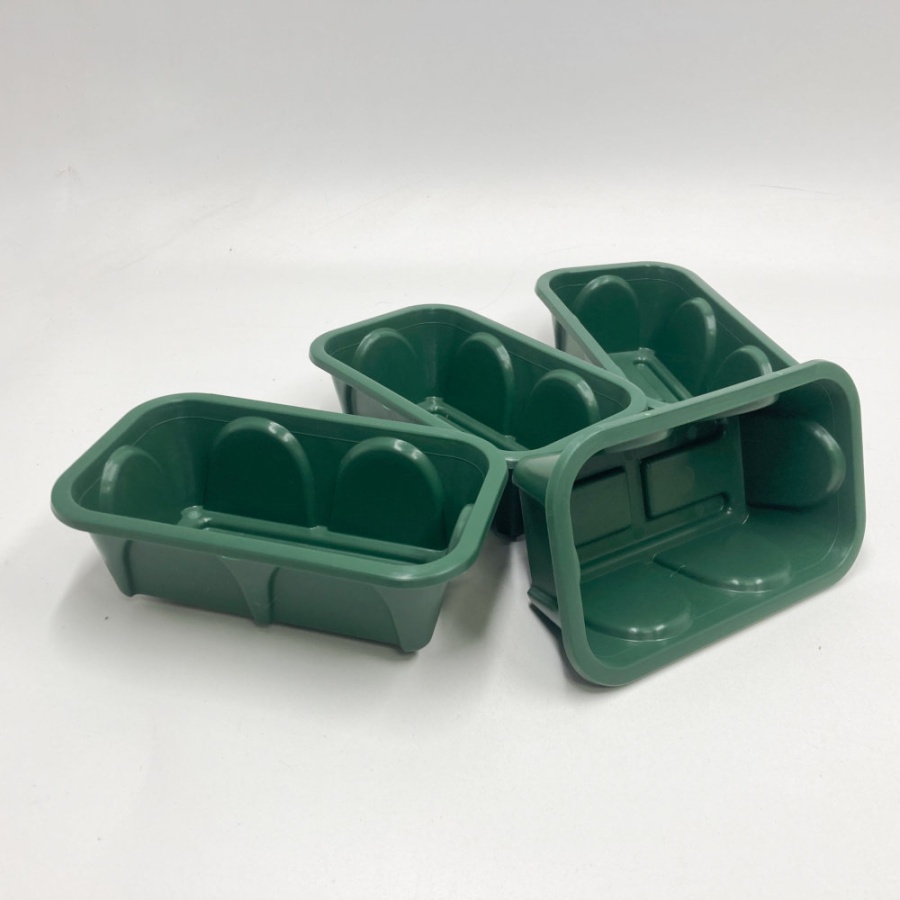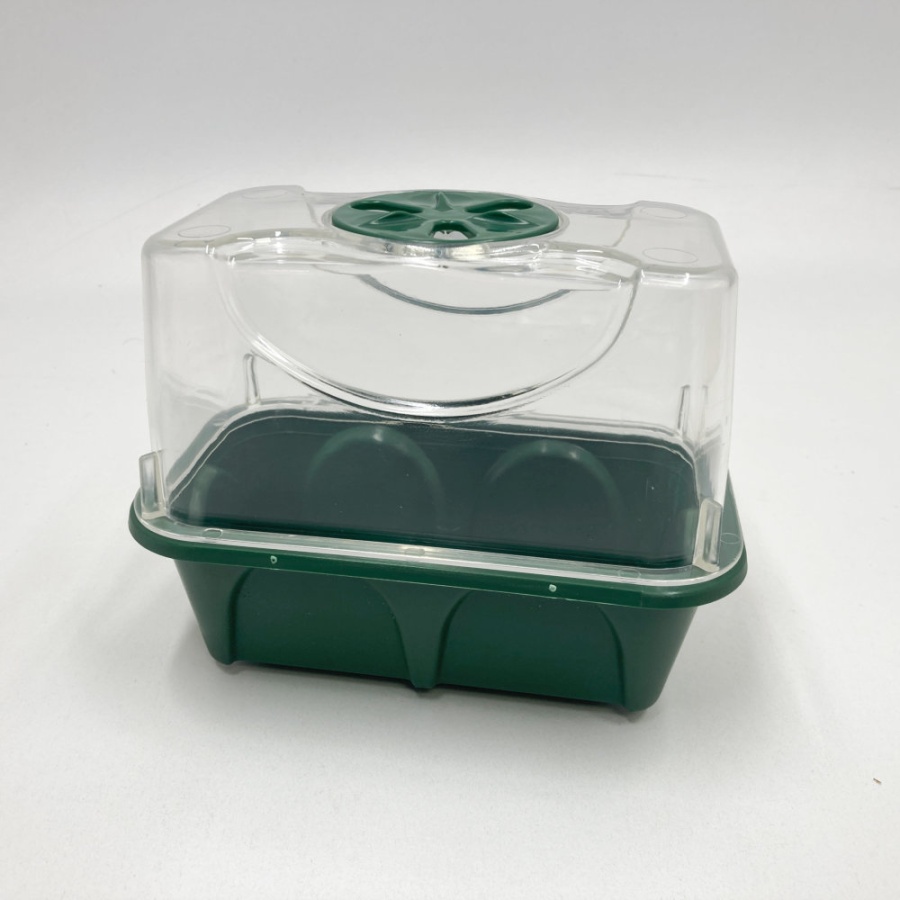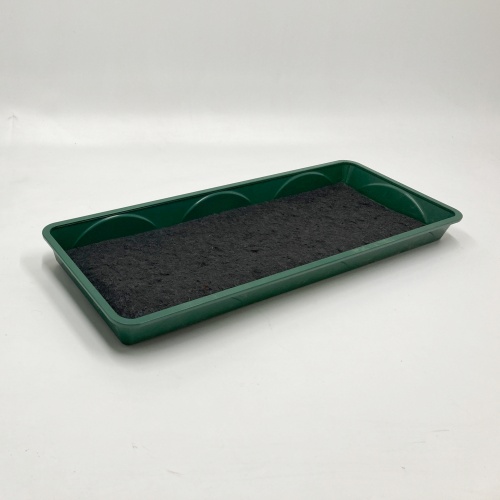Propagators - Heated, Unheated, And Accessories
Want to get your seeds off to an early start?
A propagator is like a mini greenhouse and is more than adequate for most small scale growing needs. If you need to get your seeds started early than a heated propagator might be the answer. A heated propagator will increase the internal soil or compost temperature by up to 16-19 degrees, which is ideal for germinating seeds such as tomatoes and peppers in January.
Digital Thermostat Controller for Heated Propagators & Heat Mats
Accelerate Seed Germination And Protect Your Seedlings With A Quality Propagator
Propagators are generally made from strong, rigid, shatter-proof plastic and come in a range of sizes. They almost always have very similar features, which might include top or side vents, a capillary mat, drainage holes, a thermostat and a heated base. Top of the range propagators will likely have all these features, which might not necessarily be suitable for every amateur home grower.
If the propagator is to be situated on greenhouse staging or placed on a sunny windowsill, for example, then a heater might not be required. Also, capillary matting is optional, although vents are essential in order to keep air circulating within the propagator’s environment.
Want to get your seeds off to an early start?
A propagator is like a mini greenhouse and is more than adequate for most small scale germinating needs. If you need to get your seeds started early then a heated propagator might be the answer.
A heated propagator will increase the internal soil or compost temperature by up to 16-19 degrees, which is ideal for germinating seeds such as tomatoes and peppers in January. Also, vegetables such as kale, Brussel sprouts, cabbage, broccoli and onion seeds would benefit from an early start. Some popular flowering plants such as dahlias, sweet peas, begonias and petunias are usually started off in early January too.
What will you use your propagator for?
A heated propagator is usually powered by a low wattage electric element, which are very inexpensive to run. However, a warm windowsill or a heated greenhouse is perfect for an unheated propagator. Seeds need both light and heat to germinate effectively, so you would need to decide which type of propagator is going to be ideal for the job.
You might also want to consider whether you want to incorporate small trays or pots within the unit or whether you will sow seeds or grow plants from cuttings. Your general growing requirements will obviously determine the overall size of the unit you will need.
Other considerations
Other considerations include watering and ventilating. Ideally you will want the internal atmosphere of your propagator to be warm and humid, without too much disturbance. A capillary mat will hold quite a lot of water, which will be drawn up into the pots and trays and help to keep the air moist. This means less time spent watering and more time for the propagator to stay closed and undisturbed. Also, you will want to control the amount of air that circulates within the unit to ensure there is no loss of young seedlings due to damping off. Tomatoes are very susceptible to damping off, which is generally caused by a combination of cool air and moisture.
A sound investment that lasts.
For the more ambitious grower, there is the option of multiple units, such as the 3 tray windowsill propagator set and there are also height extension kits for taller growing plants. A propagator should last for many years and represents a sound investment for your future gardening and growing requirements. They are also very useful for overwintering tender or exotic plants. Ornamental plants such as fuchsias and geraniums are often overwintered under cover. If you haven’t got one already then why not buy a small one to start with? You can always add further units later as needs arise.

